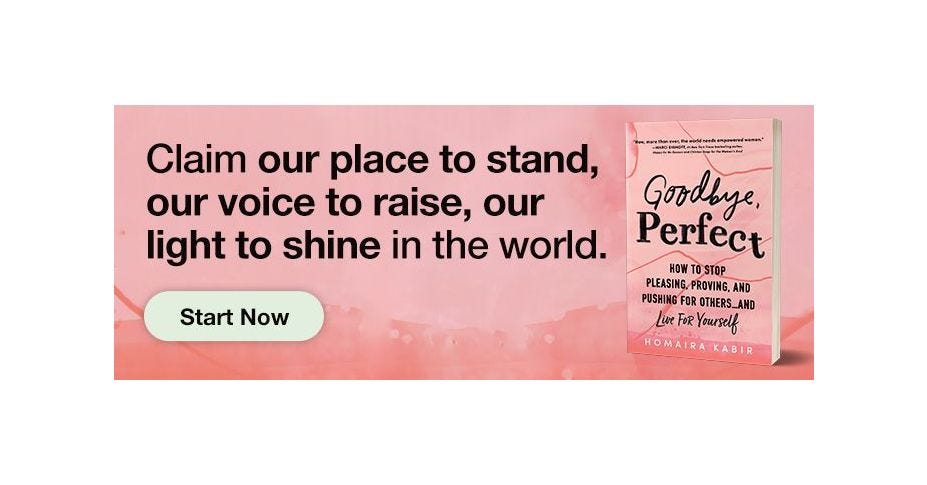Self-compassion is key to building and maintaining healthy relationships with your loved ones, work colleagues, and yourself.
Have you ever experienced criticism and reacted in a way that didn’t make you proud? Well of course you have. You’re human!
Perhaps you lashed out at the person who criticized you. Or perhaps you felt pangs of shame and closed down in self-loathing. Or even started to question if your relationships are healthy.
I know I’ve had my share of such reactions. I also know that in hindsight I’ve often found the reactions to be extreme, given the comment was said either without much thought or in all good earnest. Sometimes it had much less to do with me than with the meaning-making processes of the other person.
Over time, I learned that the way we relate to the outside world, and especially in our relationships, is often the best indicator of how we relate to ourselves at a much deeper level.
In the years I spent researching self-worth, I found again and again that a sense of unworthiness is the biggest cause of pain in most relationships. Feeling inadequate keeps us from being open and honest. It keeps us from bringing up important issues for fear of judgment or rejection. It keeps us desperate to prove our worth.
It also keeps us from taking responsibility for important issues and from accepting the truth about ourselves and the situation.
Instead, we often resort to reflecting our inadequacy onto others by passing blame around, a behavior indicative of what the late Micheal Kernis called Fragile Self-Esteem (FSE). In intimate relationships, John Gottman’s research has shown that such criticism and contempt are the most common reasons that couples divorce.
I realized that my eye-rolling, snippy comments, dismissive voice, and judgments of other people’s opinions were sometimes caused by stress or lack of time.
But more often, they were because of a deep inadequacy I was hiding even from my own self. The only way I could be more open and accepting in my relationships was to understand and accept my own inner truth.
Taking the Self-Compassion Inner Journey
The inner journey into the dark basement of our own psyche is never a pleasant one.
It can throw open the doors of pain, of discomfort, of grief. When it does, we need a loving soul to reach down to us, pick us up in a warm embrace, and help us reclaim our sense of self.
Our cognitive capabilities cannot help us do so. I know, because I tried the cognitive approach given my training as a cognitive behavioral therapist.
I listened to my thoughts and found it reasonably easy to acknowledge that they were illogical, unhelpful, or outright false. But it did little to console me, and I still struggled to find my way out of the shame response.
That’s when I learned the power of self-compassion.
I understood that certain comments or situations can activate primitive parts of the brain that act as our red alert system, which initiates the fight, flight, or freeze response before we know it. Perhaps this response helped our ancestors be accepted back into their tribes because it showed repentance for their mistakes.
Today, it is doing quite the opposite by damaging or destroying our relationships.
The way out was not through logic, because our primitive brain is largely deaf to logic. It yearns for the feeling of being seen, felt, and understood.
Self-compassion is that loving friend or caring parent within us that provides it with those feelings by helping us relate to ourselves with kindness and love. Given that we’re not used to doing so, thanks to an inner voice that tries to protect us from erring in the first place, this can be a difficult process.
But with practice, we open up to the real magic in its caress.
Magic of Self-Compassion For Healthy Relationships
Self-compassion shifts our brain to the tend and befriend response. This not only calms our fears, it also provides us with the wisdom and courage to do the right thing. It also helps us open up to multiple perspectives and relate to others with empathy, patience, and compassion.
Kristen Neff’s research shows that self-compassion helps us recognize that our critical thoughts are just that: fleeting mental clouds that we can observe without the need to respond. We also recognize that each one of us has the same clouds floating in our heads and urging us to take action, sometimes helpful, sometimes otherwise.
It’s what binds us together as a common humanity. We need compassion to help us through this common journey of suffering.
I invite you to take a moment to reflect on a relationship that could do with some work.
Are there thoughts, emotions, or deeply embedded needs that you feel ashamed to bring up?
Could there be feelings that the other person may be hiding from you and/or from self?
How may these unattended needs from the two of you be coming together to tear at the fabric of your relationship?
When all is said and done, there’s nothing that’s more fundamental to our healthy relationships that the need to feel seen, heard, and acknowledged
Here’s the good news.
When we practice self-compassion on a regular basis, we literally mold our brains for the better, thanks to the power of experience-dependent neuroplasticity.
This changes our gene expression towards greater compassion, so that we not only build our relationships, we’re literally evolving our collective brain towards a higher consciousness.
Originally published on homairakabir.com
- Homaira Kabir, author of Goodbye, Perfect

